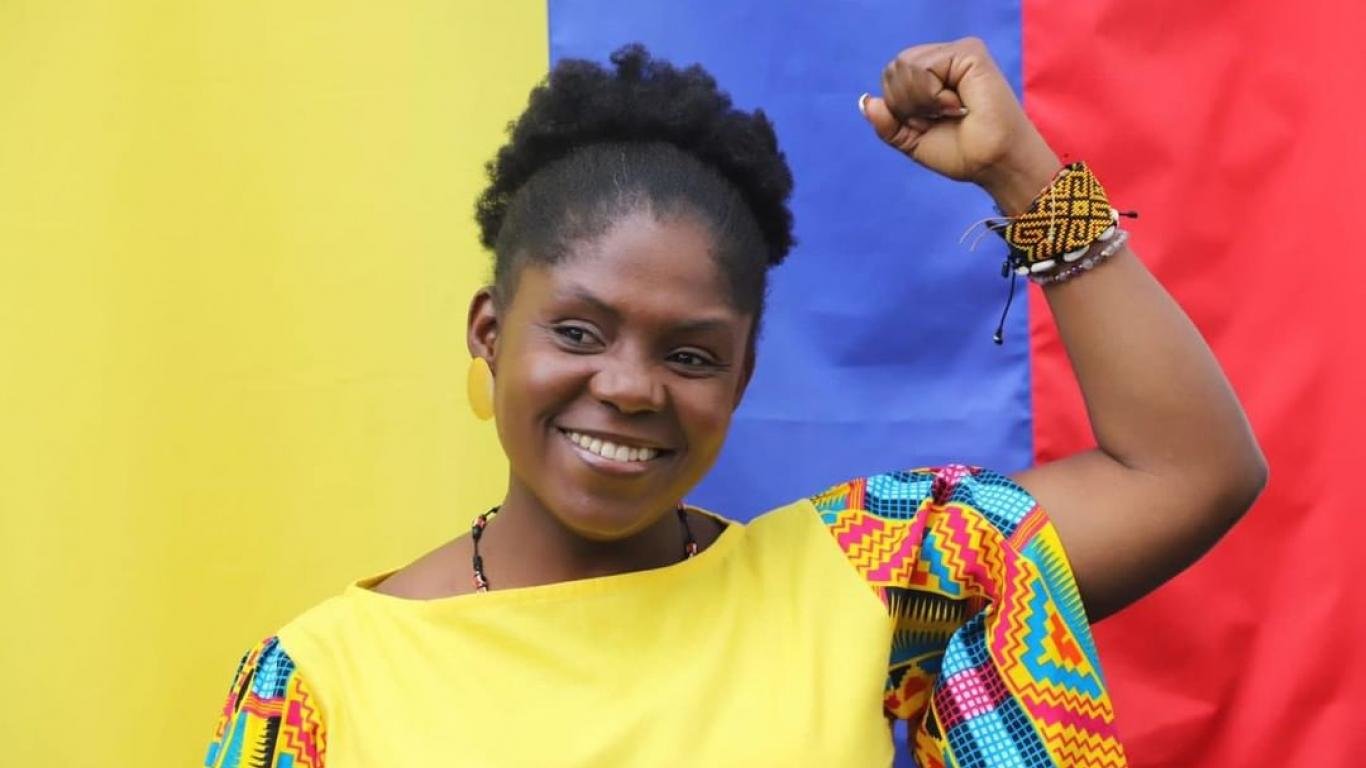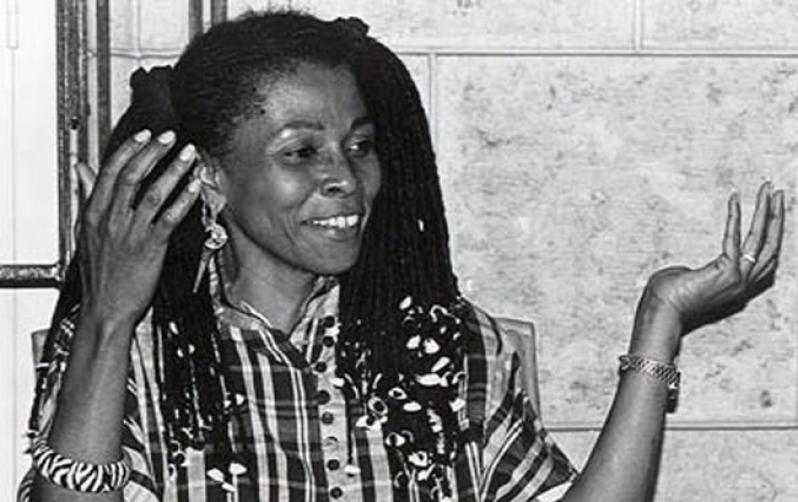Disarm/End Wars Update

Francia Marquez, Vice-President of Columbia. Credit: Minrex (Ministerio de Relaciones Exteriores de Cuba)
By Leni Villagomez Reeves
March 2024
For more than 52 years, various right-wing governments of Colombia and revolutionary forces including the FARC and the ELN, maintained a state of war. In 2012, formal negotiations for a peace treaty began, with the goal that the government of Colombia would cease to attack the rebels and that they would abandon armed struggle and take part in political processes.
To create the conditions possible for this to occur, certain conditions were agreed upon, including agrarian reform, political participation, an end to paramilitary violence, narco trafficking and production, a truth and reparations commission and security guarantees. The negotiations took place in Havana over a series of years, and initially Cuba and Norway were the guarantor states, a formal agreement with contract stipulations, which Cuba upheld when talks with the ELN faction broke down in 2019. When talks collapsed, a group of ELN negotiators remained in Cuba. Then-President Ivan Duque demanded their return to Colombia, but Cuba declined to comply and violate previous agreements.
Peace Talks Resumed in 2022
In May 2022, Colombia elected its first progressive center-left government with the ticket of Gustavo Petro and Francia Marquez. Peace talks resumed, starting with a bilateral cease-fire between the Colombian government and the ELN. This is now thought to be an irreversible process, the first time such a point has been reached. The sixth cycle of talks in Havana extended the cease-fire.
 The government, ELN, Catholic Church, and the United Nations will lead the verification and monitoring mechanism of the ceasefire. The parties have agreed to dialogue first, before responding belligerently to any breach of the ceasefire. Notably, women’s and LGBTQ+ organizations, as well as representatives of Afro-Colombian and indigenous peoples, were included in the peace process. Victims’ rights and non-recurrence were also addressed.
The government, ELN, Catholic Church, and the United Nations will lead the verification and monitoring mechanism of the ceasefire. The parties have agreed to dialogue first, before responding belligerently to any breach of the ceasefire. Notably, women’s and LGBTQ+ organizations, as well as representatives of Afro-Colombian and indigenous peoples, were included in the peace process. Victims’ rights and non-recurrence were also addressed.
Left: Assata Shakur, US political prisoner granted asylum in Cuba; Credit: Public Domain.
It is expected that in May of 2025, an official state of peace will exist in Colombia. President Petro said: “I must express our appreciation to Cuba for their hospitality for peace, which they have offered not just at this time, but as they have accompanied us through a decades-long process to keep us from killing each other in Colombia. Today, other generations will surely have two words in their hearts, like a flag: hope and change.”
Venezuela will be the probable location for the seventh round of talks, and the Guarantor States are Cuba and Norway, continuing in that role, with Mexico, Venezuela, Chile, and Brazil joining in.
US State Sponsors of Terrorism List
The US government recently issued its annual review of its State Sponsors of Terrorism List. It notes that on January 12, 2021, the Department of State designated Cuba as a State Sponsor of Terrorism. As evidence for that designation, two points were listed: “Citing peace negotiation protocols, Cuba refused Colombia’s request to extradite 10 ELN leaders“. However, the list also acknowledged that: “In November, pursuant to an order from Colombian President Petro, the Attorney General announced that arrest warrants would be suspended against 17 ELN commanders, including those whose extradition Colombia had previously requested.”
Clearly, this completely invalidates any notion of Cuba’s fidelity to the written terms of a Guarantor State in the Colombia Peace Process as a reason for inclusion on this list. The Colombian government has declared that no violation or “sponsorship of terrorism” has occurred. The State Department has only one other reason to cite: “Cuba also continues to harbor several US fugitives from justice wanted on charges related to political violence, many of whom have resided in Cuba for decades.” This is not an excerpt, but the whole statement. Cuba’s designation as a State Sponsor of Terrorism thus appears to be based on Cuba offering asylum to US political prisoners of the COINTELPRO war on Black America.
It might be necessary to highlight the fact that there is a government that can act ethically rather than expediently or opportunistically. We find it hard to believe that Cuba will not sell Assata Shakur to the state of New Jersey for $2 million or to the US for political advantage and relief from the State Sponsor of Terrorism List international financial restrictions that are crippling Cuba’s fine national health system. Integrity in government is new to us, and startling, and moving.